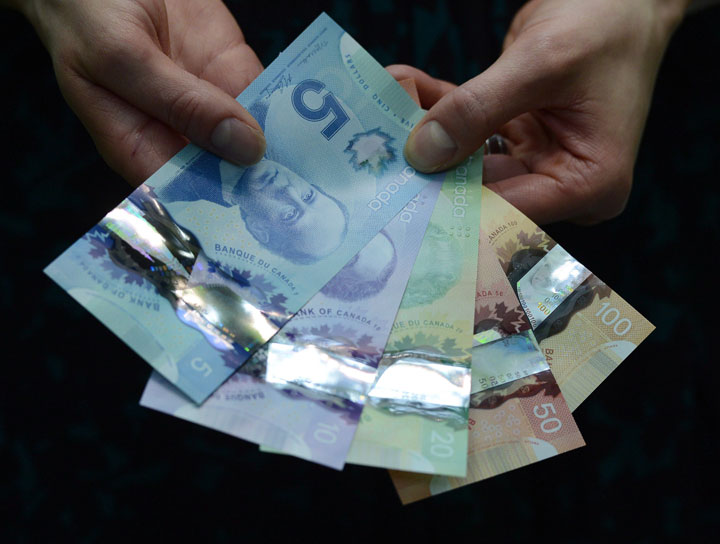When planning a trip outside Canada, the exchange rate suddenly takes on new importance. All international travellers want to find the best deal possible, but exchange rates can vary widely and change unpredictably. So here are a few tips to help you get the biggest bang for your buck.

TIP: Convert only a small amount of money before you leave.
Convert enough cash to cover your travel and transportation costs until you get to your destination. No more. Generally, you’ll get a better rate with less fees by either converting at the local bank at your destination, or using your debit/credit card while traveling.
Before you leave
1. Get the facts
Go to sites like www.xe.com to see the pure market exchange rate before you exchange money anywhere. This way, you know the base rate before any institution is able to add on administration fees and mark ups.
2. Don’t over-think it
Don’t worry too much about “timing it properly”. According to gocurrency.com, the average change for major currencies is +/- 1 per cent in any given day. This is not overly large unless you are exchanging thousands. Sometimes travellers will make many small conversions in an attempt to get the best rate on average and could end up paying more in administration and mark up fees than if they had just converted once.
3. Shop around
Check out what the after-fee rate is from your bank, foreign exchange Kiosks, and online currency converters like travelex.com. Find out who has the best effective rate going. Don’t convert yet.
4. Call your bank
Find out what the charge for international ATM withdrawals and for debit use. Which one is cheaper? Ensure that your debit card is part of an interbank network. For example, if your debit card has the Cirrus logo on it, you should be able to use it at many international banks without a problem.
Make sure you inform the bank that you are leaving so that you don’t have your debit card frozen when you need money – the worst.
5. Call your credit card company
Often, using your credit card abroad gives you access to the best exchange rate with nominal administration fees. Find out what fees they will charge for international use (if any) and inform them that you will be leaving as well. Also ask if you have travel insurance covered with your credit card.
6. Make your choice
Once you find the lowest rate from step three, convert a small amount of money.
Once you’re there
1. Avoid exchanging money at hotels and airports.
Fees here are likely going to be very high. Hotels and airports will charge you for the convenience factor. Run away.
2. Find a local bank
Local banks will generally provide a decent rate. If you have Canadian money on you, go to the teller and exchange it here. You’ll likely get the best rate with the lowest amount of fees.
If you have your debit card, use the ATM at the local bank. This is a convenient way to get your hands on local currency at a relatively reasonable exchange rate. Since you called ahead to your bank, you should know the charge for using the ATM. Ensure you take out enough cash to make the administration fees worth it.
3. Use credit cards and debit
Generally, credit cards and debit transactions have the lowest transaction fees than ATM withdrawals. If this is the case, don’t be afraid to use your credit card and debit card for purchases. You can wrack up points, plus potentially gain access to a really great rate.




Comments